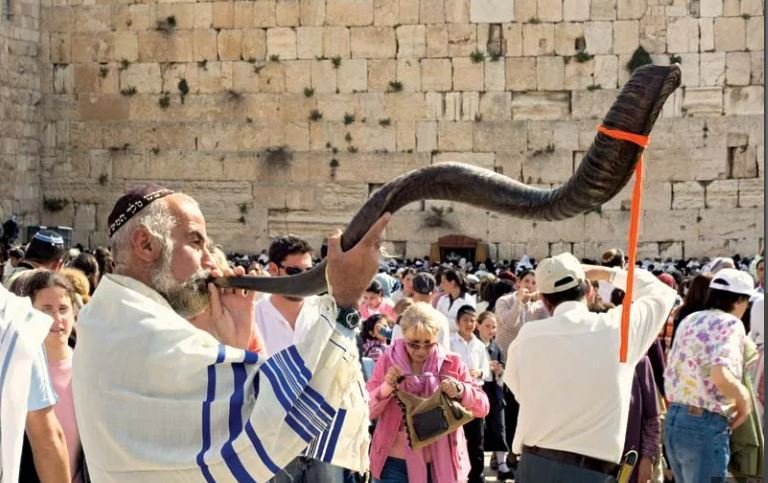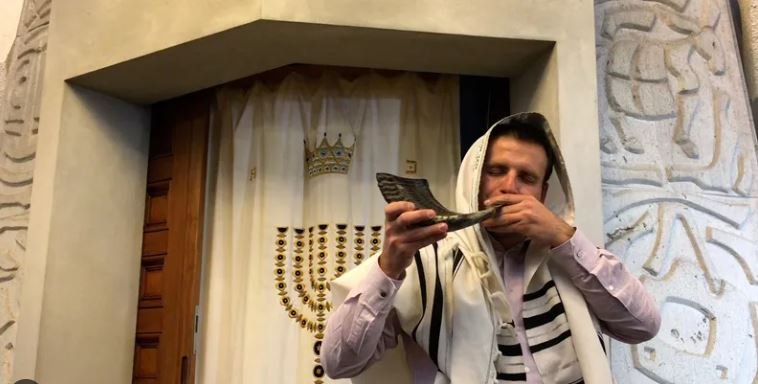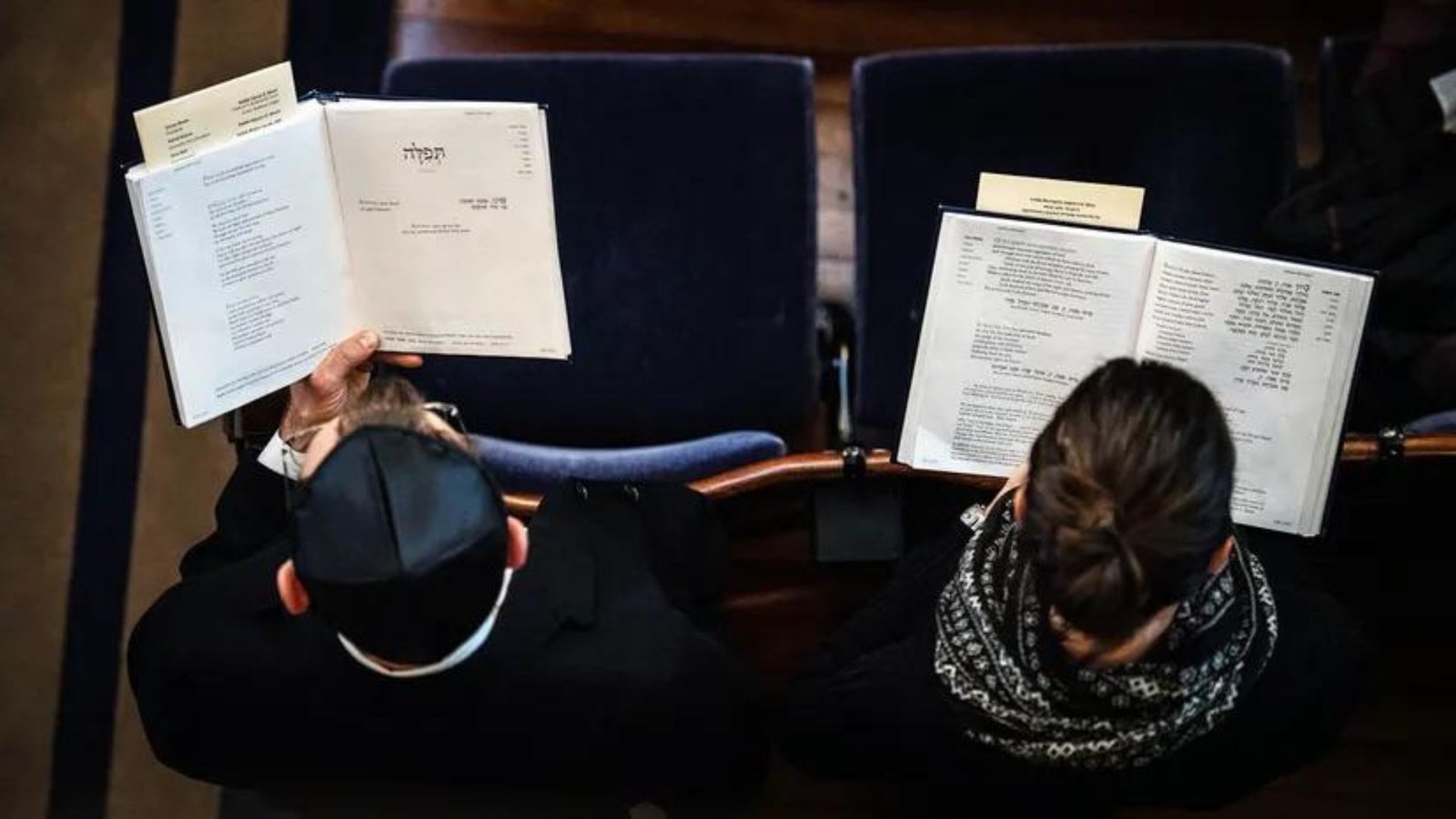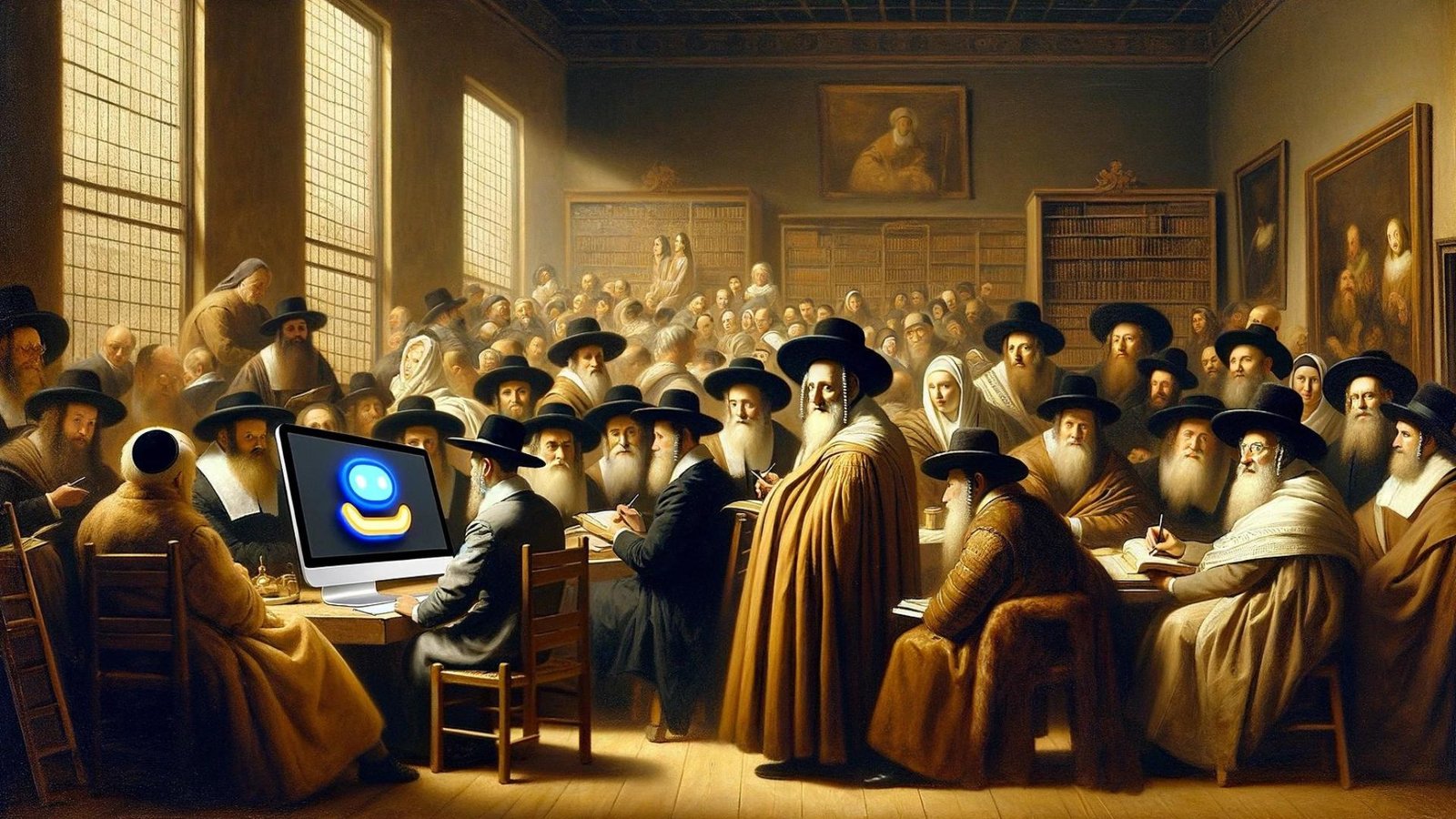Exploring the evolution of Jewish festivals reveals a rich tapestry of tradition and adaptation. Jewish festivals, deeply rooted in religious and cultural significance, have evolved over centuries as Jewish communities have dispersed and interacted with diverse cultures worldwide. This evolution reflects changes in social practices, technological advancements, and cultural influences, shaping the way Jewish festivals are celebrated today.
Ancient Origins of Jewish Festivals
Jewish festivals trace their origins to biblical times, rooted in ancient agricultural and religious practices. Festivals like Passover, Shavuot, and Sukkot originated as agricultural celebrations, marking significant points in the Jewish calendar. Over time, these festivals also incorporated historical and spiritual elements, reflecting the evolution of Jewish religious practices and communal life.
The Impact of Diaspora on Festival Practices
As Jewish communities dispersed across the globe, their festivals adapted to local customs and traditions. In the Diaspora, Jewish festivals began to incorporate elements from host cultures, blending traditional practices with new influences. For instance, Hanukkah’s prominence grew in places where it intersected with local winter festivals, such as Christmas.
Medieval European Celebrations
During the medieval period, Jewish festivals in Europe began to reflect the unique experiences and challenges faced by Jewish communities. Festivals like Purim, which celebrate the survival of Jews in ancient Persia, feature distinctive local customs and festivities. Jewish communities in medieval Europe adapted their celebrations to align with regional cultural practices while maintaining core religious elements.
Modern Adaptations and Innovations
Furthermore, in modern times, Jewish festivals have continued to evolve, incorporating contemporary elements while preserving traditional practices. Also, the use of technology, such as digital platforms for virtual celebrations, has transformed how festivals are observed. For example, during the COVID-19 pandemic, many Jewish communities embraced virtual Seder experiences and online services to celebrate Passover and other festivals.
Global Variations in Festival Observance
Furthermore, Jewish festivals vary widely across different regions, reflecting local customs and cultural contexts. In the United States, Jewish communities might celebrate Jewish festivals with distinctive American influences, such as incorporating local foods and practices into traditional observances. Also, in contrast, Jewish communities in Israel might emphasize different aspects of festivals, such as national and cultural elements, alongside religious observances.
The Role of Technology in Modern Celebrations
Moreso, technology plays a significant role in the modern celebration of Jewish festivals. Social media platforms, streaming services, and mobile apps enhance accessibility and engagement, allowing Jews worldwide to connect and share their festival experiences. Digital resources, such as online Haggadahs for Passover, provide new ways to experience and participate in traditional rituals.
Festivals in Israel: National and Religious Significance
Additionally, in Israel, Jewish festivals often carry both national and religious significance. Celebrations like Yom Kippur and Independence Day reflect a blend of religious observance and national pride. Also, the integration of Jewish festivals into the broader national calendar underscores the connection between religious tradition and national identity in Israel.

The Influence of Interfaith Interactions
Interfaith interactions have influenced the evolution of Jewish festivals, especially in multicultural societies. Jewish communities often engage in interfaith dialogue and collaborative celebrations, which can lead to the incorporation of shared cultural elements into festival observances. This interaction fosters greater understanding and respect among different faith communities.
Preservation of Traditional Practices
Despite the evolution of Jewish festivals, many traditional practices have been preserved. Rituals, customs, and prayers that have been passed down through generations continue to play a central role in festival celebrations. These traditional elements provide a sense of continuity and connection to the historical roots of Jewish festivals.
Innovations in Festival Cuisine
Jewish festival cuisine has also evolved, incorporating new ingredients and culinary techniques while maintaining traditional flavors. For example, contemporary Jewish cookbooks and food blogs offer innovative recipes for traditional festival dishes, reflecting a blend of old and new culinary practices. These innovations keep festival cuisine vibrant and relevant to modern tastes.
Community and Family Focus in Celebrations
Jewish festivals often emphasize community and family, bringing people together for shared rituals and celebrations. The evolution of festivals has seen an increased focus on creating inclusive and meaningful experiences for families and communities. Modern celebrations may include community events, family gatherings, and educational programs that enhance the festival experience.
The Future of Jewish Festivals
Looking ahead, the future of Jewish festivals will likely continue to be shaped by ongoing changes in society and technology. Innovations in digital tools, evolving cultural contexts, and global interactions will influence how Jewish festivals are celebrated and experienced. The future promises a dynamic and diverse landscape for Jewish festival observance, balancing tradition with modernity.
Conclusion
The evolution of Jewish festivals around the world reflects a rich history of adaptation and continuity. From ancient origins to modern innovations, Jewish festivals have evolved to meet the needs and contexts of diverse Jewish communities. By exploring these changes, we gain a deeper understanding of how tradition and innovation intersect to shape the celebration of Jewish festivals today.




